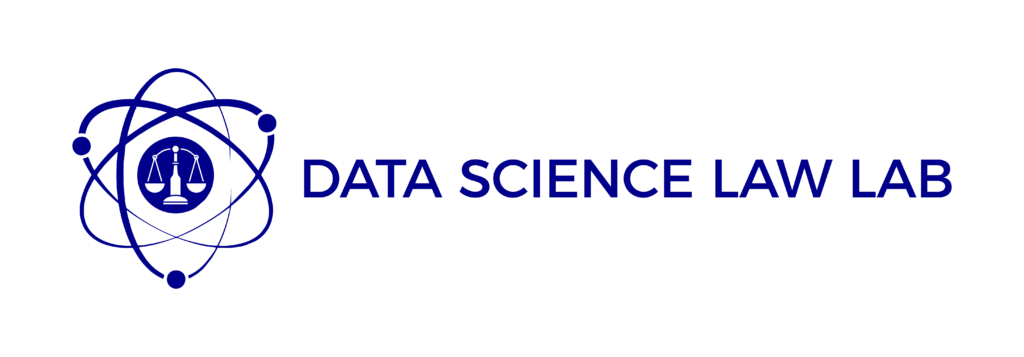This was a presentation by Dr Chijioke Okorie at the 2023 Flexible Futures Conference held in August 2023. The presentation was delivered under the sub-theme: Implementing authentic teaching, learning, and assessment approaches in an AI dominant future.
The abstract is reproduced below:
In higher education, traditional forms of assessment are still dominant, and advocates of these assessment methods argue that they can effectively reduce plagiarism, are dependable, and are straightforward to create, grade, and administer. However, one limitation of these assessments is that they are typically closed book, preventing students from using reference materials and therefore leading to a greater emphasis on the product rather than the learning process itself. Moreover, poorly designed tests and examinations may assess knowledge that is disconnected from real-life situations. This is even more challenging in a field such as intellectual property law where real-life application of knowledge and learning is important to develop future-ready lawyers. To address this issue, incorporating authentic assessments and taking cognisance of AI developments can prove to be a valuable strategy. Authentic assessments strive to replicate real-life tasks, fostering attributes like autonomy and motivation, which are highly valued in the legal profession.
In this study, we report on the experiences of implementing authentic assessments in the intellectual property law module at the University of Pretoria. The purpose was to establish students’ experiences in the assessments where they were required to design and create an online education resource to explain aspects of copyright law. Students were working in groups and were allowed to design the online resources of their own choice based on their assigned copyright law topic.
Apart from the creative and design elements upon which students were assessed on their ability to make design and creative selections that are appropriately aligned with their assigned topic, the assessment used in this study also had group reflection as a component. Each group was required to complete a survey to inter alia indicate copyright issues they encountered in using any third-party material in their design; a brief description of the process of creating the submitted work, what they learned from the work, contributions by each individual member of the group, etc. This survey was not graded but to ensure that students participated, no group will receive a mark for the assessed part if they did not participate in the survey.
The survey not only helped students to reflect on the practical and real application of copyright law to creative processes and creative materials; they were also able to see copyright concepts such as joint authorship; originality (i.e., through the requirement to describe the creative process of each group); licensing and, the value of the public domain (i.e., through the requirement to indicate issues with dealing with third-party material and how that influenced the choice of materials used); etc. While some students indicated that their group did not have to deal with any copyright issues in using any third-party material – audio, text, audio-visual and visual materials, etc. in creating the group work. Of the student groups that did have to deal with copyright issues, there were varied selection in terms of public domain and/or royalty-free materials that they opted for.
The study established the significant value of authentic assessments for law professionals, as they enable individuals to demonstrate their comprehension of legal concepts and principles, and effectively apply them to authentic scenarios. By engaging in authentic assessments, law professionals can develop and demonstrate important qualities such as autonomy and motivation. However, a future research direction would be to fully incorporate generative AI models into authentic assessments such as the one undertaken in the study described.
Conference book of abstracts is available here. Request full version of presentation here.

